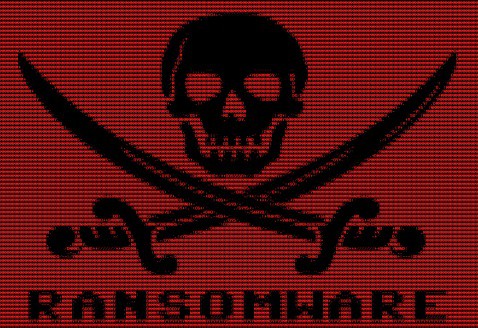 Computer networks across the globe again fell victim to a strain of ransomware on June 27, taking numerous organizations and infrastructure offline, with Ukrainian government agencies and private firms especially hard hit.
Computer networks across the globe again fell victim to a strain of ransomware on June 27, taking numerous organizations and infrastructure offline, with Ukrainian government agencies and private firms especially hard hit.
Much as the WannaCry ransomware briefly paralyzed businesses in May, this next wave of attacks locked up computers at Merck Pharmaceuticals; Maersk, a Danish shipping firm; DLA Piper, a global law firm; Rosneft, a Russian energy company; Kiev’s airport, numerous Russian and Ukrainian banks, and even the radiation monitoring systems at Chernobyl. The nuclear plant announced in a statement that monitoring systems are temporarily being run manually. The attack hit computers in Russia, Europe, the UK, and the US, and continues to unfold.
Ukraine, Europe hardest hit
The official Twitter account for Ukraine responded with a popular online meme of a cartoon dog relaxing with a cup of coffee, looking around a fiery room and saying, “This is fine,” while also commenting, “Some of our gov agencies, private firms were hit by a virus. No need to panic, we’re putting utmost efforts to tackle the issue.”
In recent months, Ukraine’s parliament has been considering legislation aimed at improving cybersecurity for critical infrastructure entities – the bill currently under discussion would require entities determined to be critical infrastructure – including many large enterprises, media, telecom companies, as well as companies involved in generation, transportation and distribution of power, water, natural gas, and production of food products – to develop comprehensive cybersecurity response plans.
This latest attack follows a sustained cyberattack on the UK Parliament’s email system on June 23, one that left government officials concerned about potential blackmail and unable to access their email.
Of the Petya attack, the UK’s National Cyber Security Centre said in a statement, “We are aware of a global ransomware incident and are monitoring the situation closely. The NCSC website provides advice to the public and business on how to protect your digital systems.” A similar statement was made following the Parliament email attack.
Return to sender
As with WannaCry, which affected some 230,000 computers worldwide, victims received ransom demands for $300 in bitcoin although the German email company that services the email address used by the culprits shut down the address, with security experts on Twitter advising affected businesses not to pay the demand.